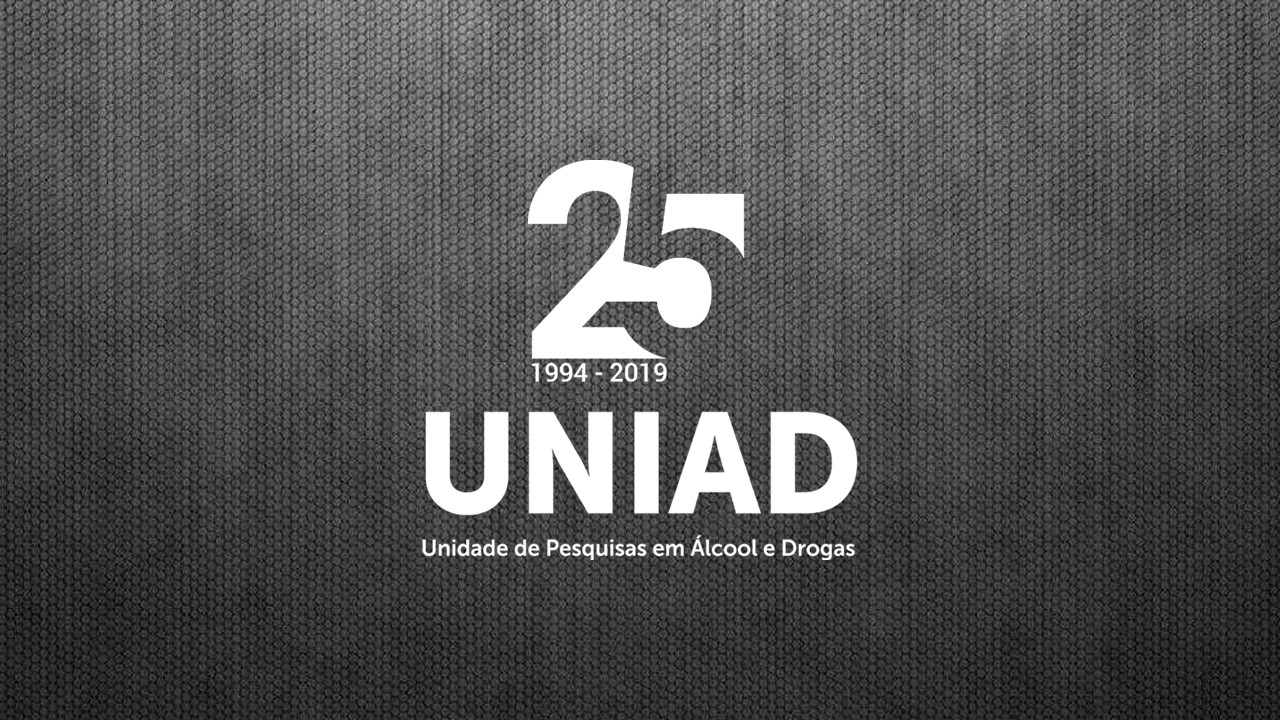Rape, Child Sexual Abuse, and Mental Health in a Brazilian National Sample

Abstract
The objective of this study is to evaluate the prevalence of self-reported rape and its associations with other forms of violence and mental health outcomes. The Brazilian National Alcohol and Drugs Survey is a probabilistic household survey that collected data from 4,283 Brazilians aged 14 years and older in 2012. The prevalence of rape was 2.3% (n = 107) and the majority (n = 81) of rapes were reported by women. Female gender increased the chances of rape (adjusted odds ratio [AOR] = 2.7, 95% confidence interval [CI] = [1.7, 4.3]). Adults aged 35 to 46 years (AOR = 2.0, 95% CI = [1.2, 4.4]) and being without religion (AOR = 2.2, 95% CI = [1.3, 3.8]) were also associated with increased chances of rape. Participants with a history of childhood sexual abuse (CSA) were 16.5 times (95% CI = [10.1,26.7]) more likely to report having been raped. Other outcomes related to been raped were history of child prostitution (AOR = 5.1, 95% CI = [2.1,13.4]) and witnesses of violence during childhood (AOR = 2.4, 95% CI = [1.5, 3.8]). People without social support (AOR≅3, 95% CI = [1.8, 4.3]), victims of multiple recent negative events (AOR = 3.7, 95% CI = [2.4, 5.8]), people with depression (AOR = 2.6, 95% CI = [1.7, 3.9]), history of suicidal ideation (AOR = 3.8, 95% CI = [2.0, 7.1]), and history of suicide attempts (AOR = 2.2, 95% CI = [1.1, 4.3]) are other outcomes related to having been raped. In this sample, rape was related to gender and to other forms of violence and victimization. Self-reports of rape appear to underestimate the true prevalence as the figures obtained from the survey were low. Other methods should be used to investigate this issue.

